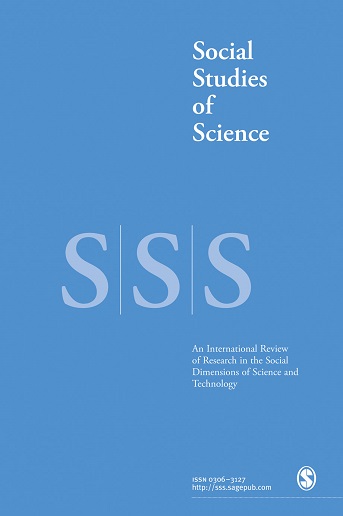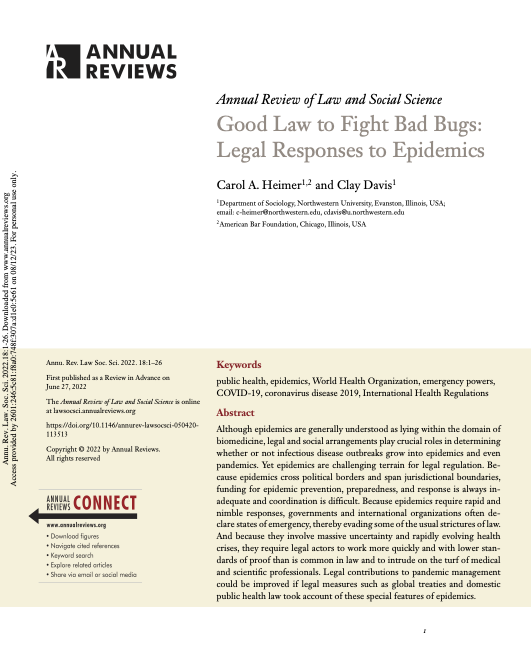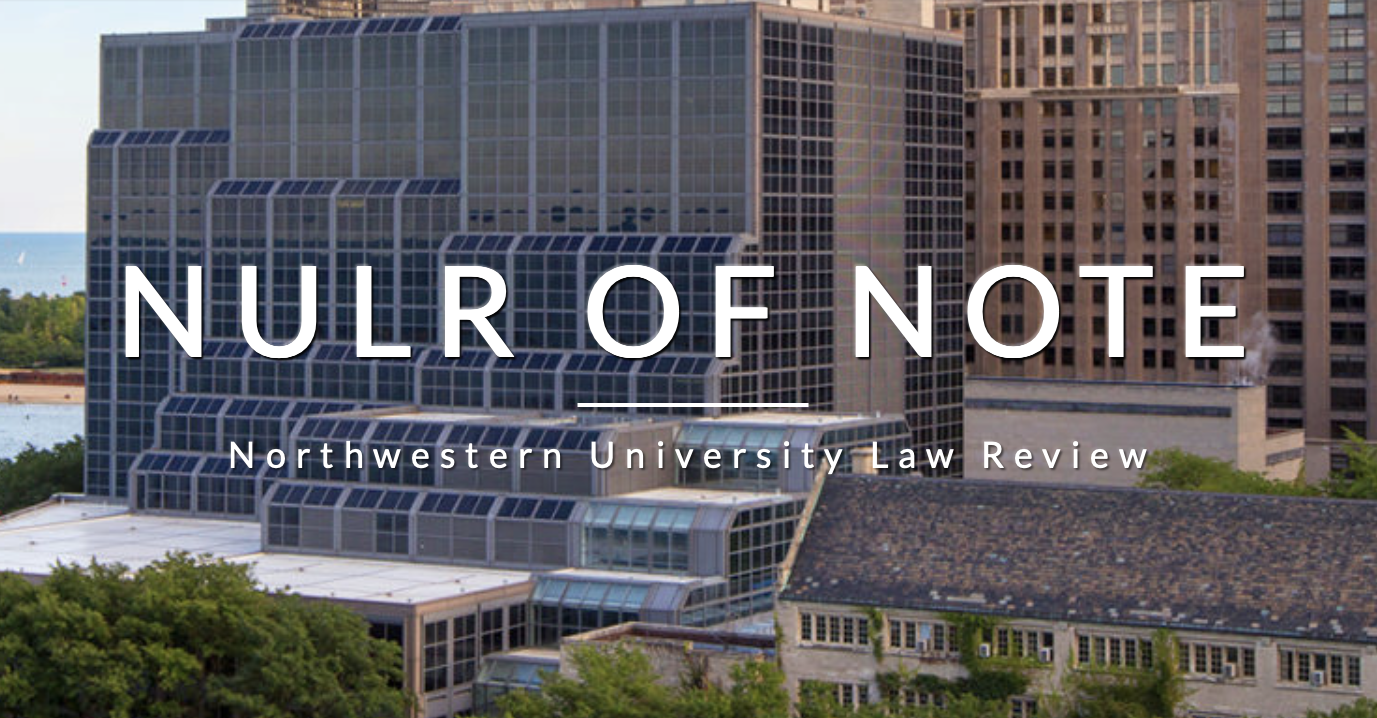
The routinization of lay expertise: A diachronic account of the invention and stabilization of an open-source artificial pancreas
…I follow the OpenAPS community—a group of people with type one diabetes who engineered an open-source ‘artificial pancreas’—from their inception in the transient #WeAreNotWaiting movement to their research collaborations with endocrinologists and detente with the FDA. I argue that OpenAPS user-contributors formalized their expertise in three steps: First, they broke the OpenAPS algorithm into modules so that prospective users must become experts to assemble it. Second, they lowered this barrier to entry by facilitating the socialization of new user-contributors with a training ritual. And third, they intervened in the strained endocrinologist-patient relationship…

